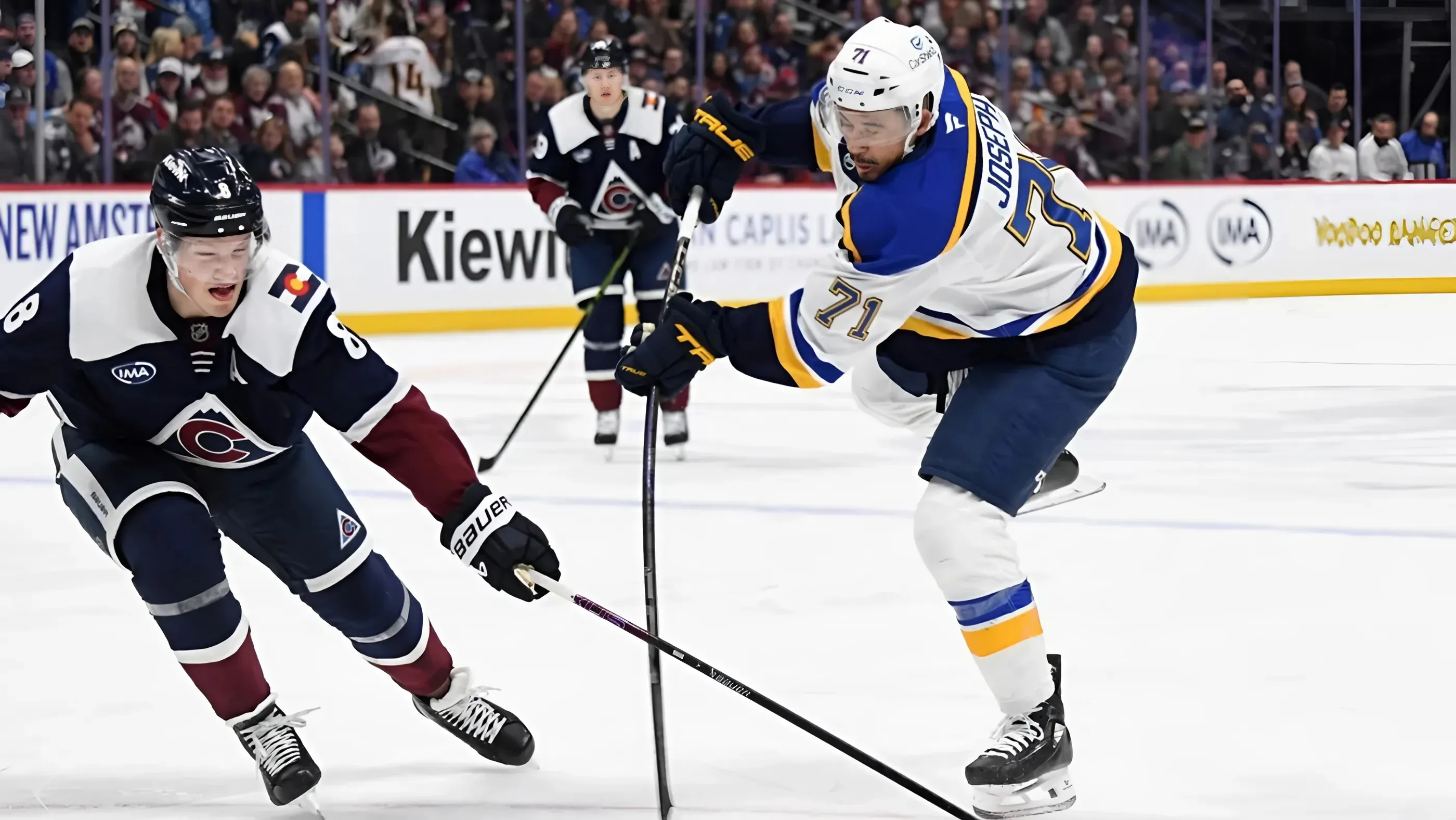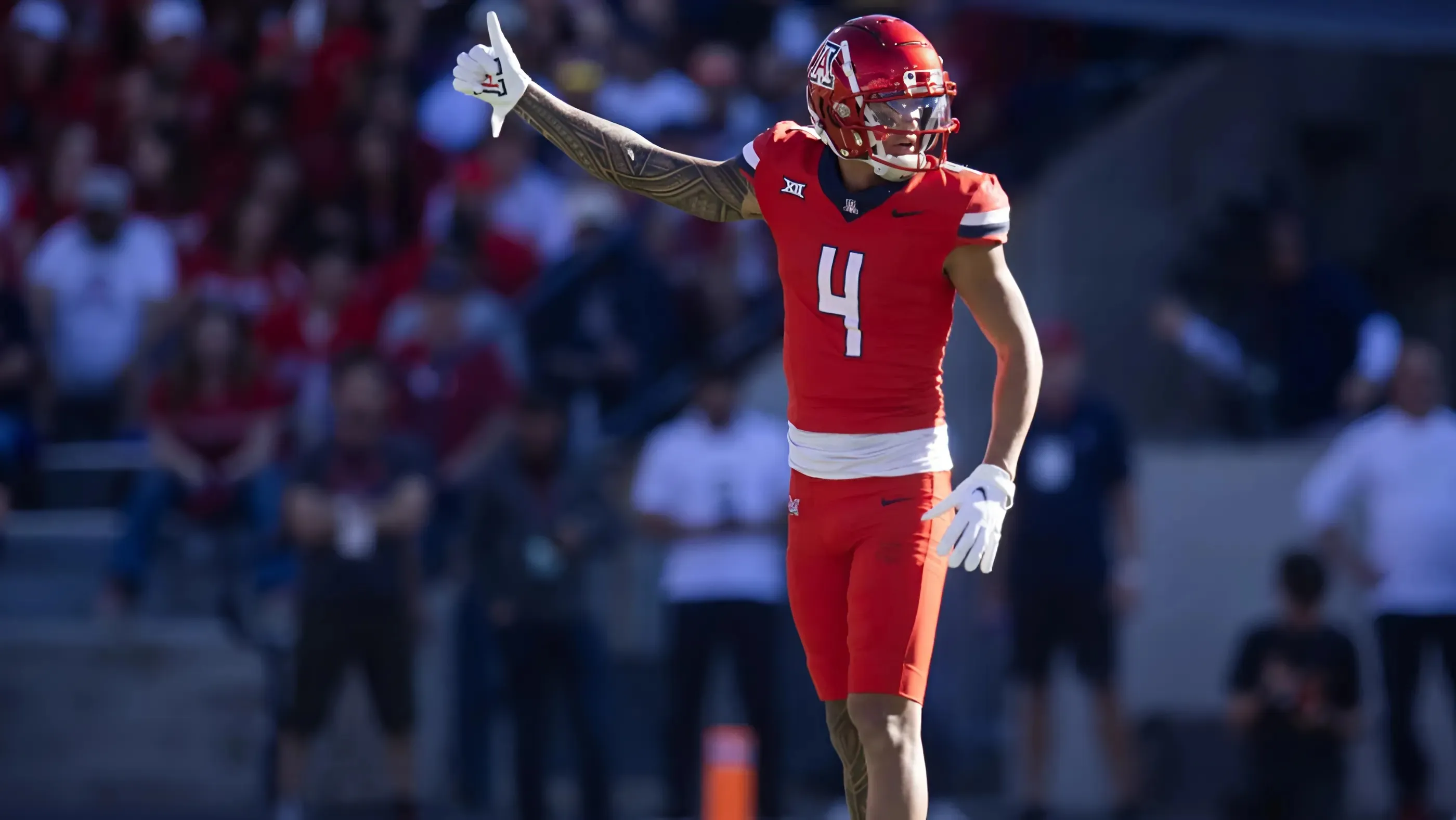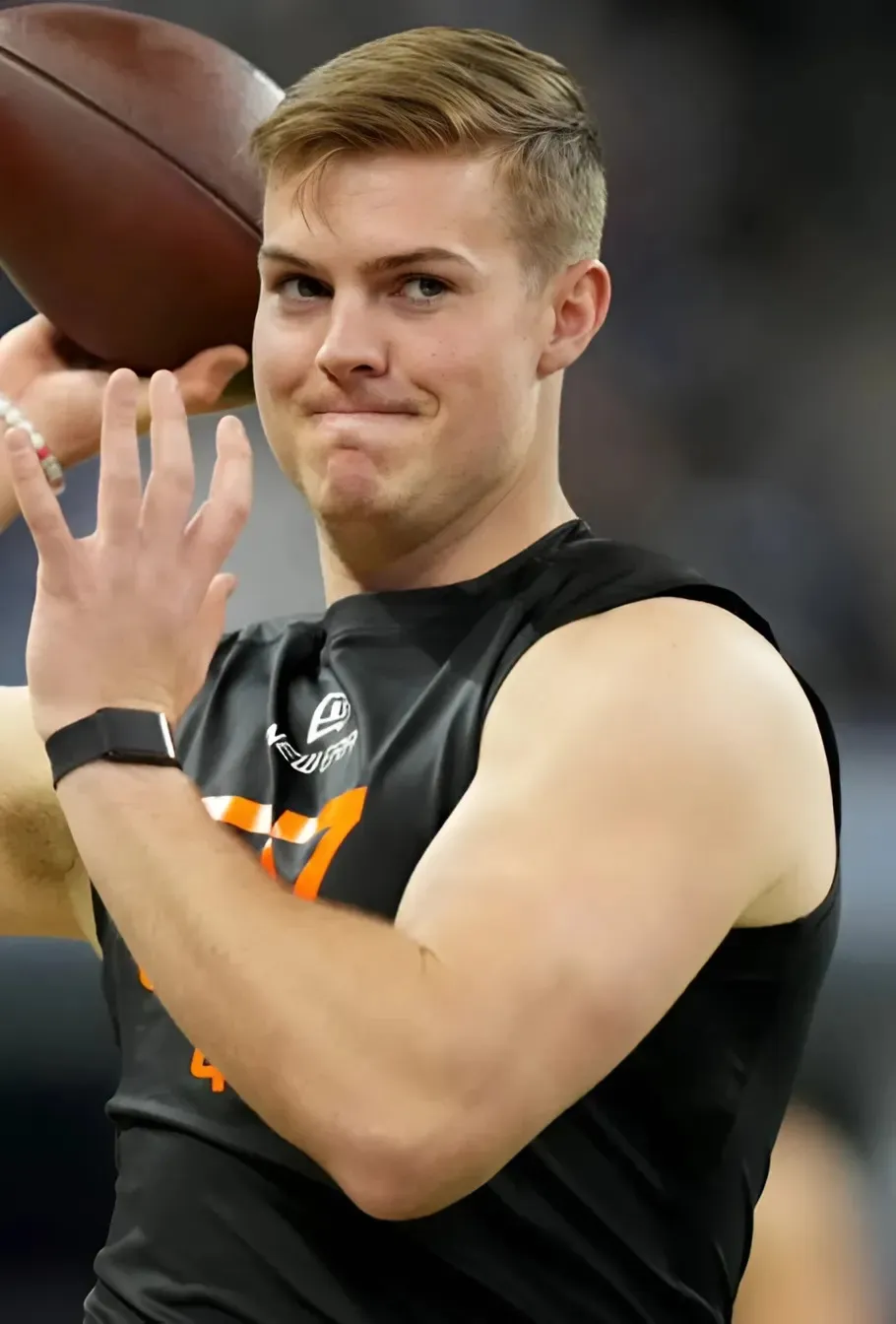When Washington Capitals legend Alex Ovechkin speaks, people listen—especially when the topic is young Philadelphia Flyers star Matvei Michkov, the most hyped Russian prospect since Ovechkin himself.

When Washington Capitals legend Alex Ovechkin speaks, people listen—especially when the topic is young Philadelphia Flyers star Matvei Michkov, the most hyped Russian prospect since Ovechkin himself.
In a recent interview, Ovechkin made some comments about Michkov, which contained both praise and a slight critique, and has sparked plenty of discussion.
"Michkov is a great guy; he's doing well," Ovechkin said, "He played against us recently, so I got to see him. But I wish he would show off a little less. Otherwise, everything is great."
At first glance, this could be dismissed as a throwaway remark—veterans commenting on younger players is nothing new, and Ovechkin, as one of hockey’s elder statesmen, has surely seen countless talented rookies enter the league.
However, when it comes to Michkov, there’s a unique weight to these words. Michkov has been compared to Ovechkin since he was a teenager, drawing parallels in skill, confidence, and even personality. But while the two share many traits, they’ve also come up in very different hockey landscapes.
Ovechkin’s critique—mild as it may be—deserves a deeper look. Not because it’s necessarily controversial, but because it’s fascinating that he would make this particular assessment of a player who, in many ways, mirrors his younger self.
The Evolution of Ovechkin's Own Showmanship
To understand the significance of Ovechkin’s words, it’s important to remember his own early years in the NHL.
When Ovechkin first arrived in Washington in 2005, he was a force of nature. He scored breathtaking goals, crashed into everything that moved, and played the game with a level of enthusiasm that made him both beloved and, at times, criticized. His goal celebrations were elaborate. His style was flamboyant. He loved scoring, and he made sure everyone in the arena knew it.
For years, Ovechkin’s exuberance was a talking point. While most of the league embraced his passion, there were plenty who viewed his celebrations as excessive. Don Cherry famously called him out for being too flashy.
Even Sidney Crosby, his career-long counterpart, once made a comment about Ovechkin’s post-goal antics, saying, "I don't like it personally but that's him. And like it or lump it, that's what he does. Some people like it, some people don't. Personally, I don't like it. But you know what, he's a good player."
Ovechkin, of course, never stopped celebrating. But over time, as he became an established superstar and the face of the Capitals, the discussions around his showmanship faded. His reputation evolved, and the narrative shifted from “Is he too flashy?” to “He’s one of the greatest goal scorers of all time.”
Now, two decades later, Ovechkin is the one making a comment about showmanship—about a player who has drawn endless comparisons to him. It’s an ironic full-circle moment.
Confidence vs. Arrogance: Where's the Line?
Matvei Michkov plays the game with some serious swagger, and that’s not a bad thing. Confidence is a necessity for elite athletes, and Michkov has been conditioned to believe in himself from a young age. He was anointed as a future NHL star before he was even drafted, carrying the weight of expectation on his young shoulders.
That belief in his own ability is part of what makes him such a dynamic player. He has the skill to back it up—he can pull off highlight-reel plays, he has incredible hockey IQ, and his work ethic is undeniable. But there’s a fine line between confidence and perceived arrogance, and that’s where Ovechkin’s comment likely comes into play.
Michkov has famously attempted multiple "Michigan" goals this season. He’s been seen celebrating with noticeable flair after every goal. These things don’t necessarily indicate an ego problem—many of hockey’s best players have a little bit of a showman in them—but they do make him a player that demands attention.
It’s worth noting that despite his skill, Michkov has consistently downplayed individual praise. When asked about his goals or performances, he often redirects the conversation to his teammates and the collective effort of the Flyers. That’s not the behavior of a player who is selfish or obsessed with personal accolades. It’s a sign of someone who understands the bigger picture, even if he enjoys adding his own stylistic touch to the game.
Why Might Ovenchkin Word His Comment That Way?
Given all this, why would Ovechkin feel the need to say he wishes Michkov would "show off a little less"? There are a few possible reasons:
A Generational Shift in Hockey Culture
Hockey, particularly in North America, has long embraced a "team-first" mentality. While the sport has slowly opened up to more personality-driven expressions (see: Trevor Zegras, Auston Matthews, and even Ovechkin in his prime), there is still a deep-rooted expectation that players remain humble and avoid drawing too much attention to themselves.
Ovechkin, now a veteran leader, may simply be echoing the broader hockey culture's preference for understated confidence over overt displays of fair. He has the advantage of a viewpoint that comes after 20 years at the highest level (especially having a career that will see him surpass Wayne Gretzky to become the highest goalscorer in league history).
A Mentor's Perspective
Ovechkin might see some of himself in Michkov and recognize the potential pitfalls of being perceived as too flashy. He’s been through the scrutiny, the criticisms, and the media narratives. Perhaps this is his way of offering guidance—an older player giving a younger star a piece of advice based on lived experience.
A Simple, Offhand Remark
It’s also entirely possible that Ovechkin wasn’t making a deep, philosophical critique of Michkov’s game. He could have just been making a casual observation, the kind of thing that doesn’t carry the weight of a serious critique but gets amplified because of who he is and who Michkov is supposed to become.
(Not to mention, Michkov scored two goals against the Capitals when they played before the break, so Ovechkin could've easily been lightly teasing the 20-year-old in a way that simply doesn't translate in a written quote.)
The Reality: Michkov Doesn't Need to Change Who He Is
At the end of the day, Matvei Michkov doesn’t need to be anyone but himself—and he knows this.
His creativity, his confidence, and even his occasional showmanship are all part of what makes him special. He has already shown that he’s a team-oriented player, someone who takes pride in his growth and values the Flyers’ success over individual accolades.

Philadelphia Flyers winger Matvei Michkov (39) looks up into the stands in a game against the Columbus Blue Jackets on Dec. 21, 2024.
If there’s one takeaway from Ovechkin’s comment, it’s that perception matters. Whether or not Michkov’s style is a problem isn’t as important as how it’s being received. If opponents or even teammates begin to feel that his flashiness overshadows the team effort, it could become something he needs to adjust. But right now, there’s no indication that this is the case.
The most ironic part of all of this? In 10-15 years, Michkov may be the one making a similar comment about a young Russian star taking the NHL by storm. And if that happens, we’ll be having this same conversation all over again.



